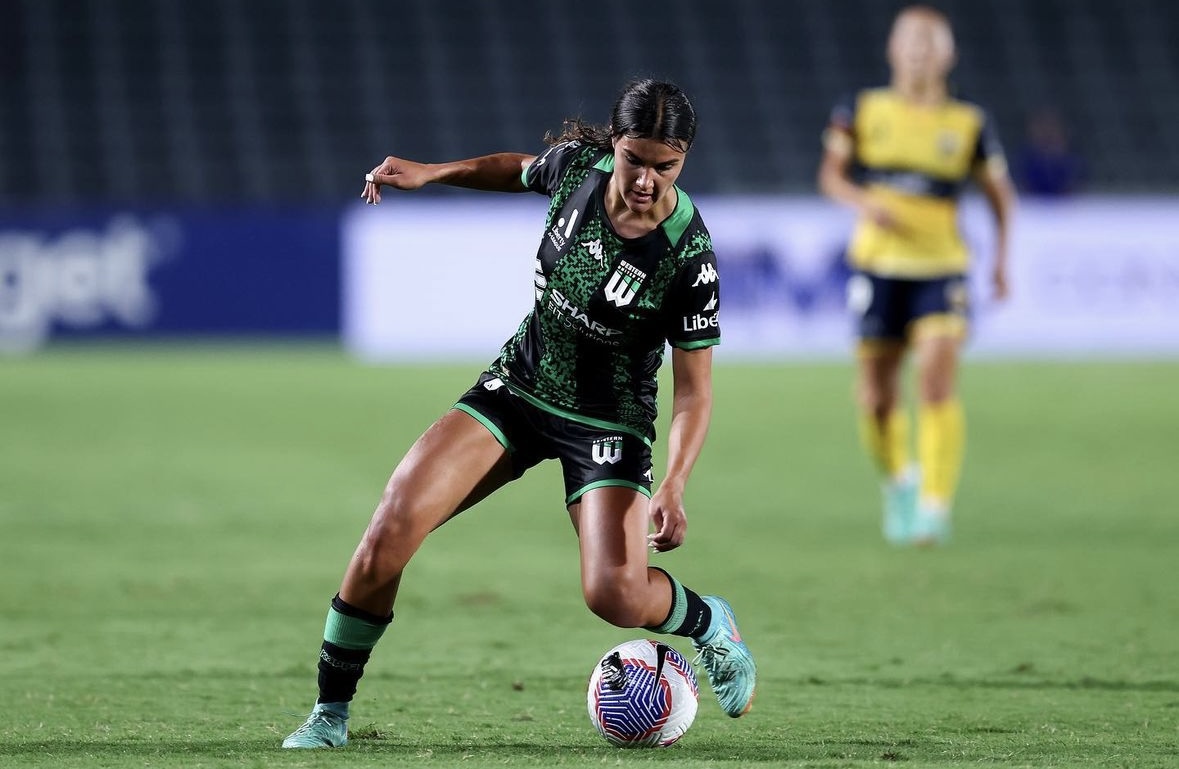The Importance of Protein for Athletes
Protein is an essential macronutrient for athletes as it plays a crucial role in muscle repair and growth. When athletes engage in intense physical activity, their muscles undergo stress and damage. Protein helps to repair these damaged muscles, promoting faster recovery and reducing the risk of injury.
In addition to muscle repair, protein also aids in the production of enzymes, hormones, and antibodies, which are vital for overall health and immune function. Athletes need a higher intake of protein compared to sedentary individuals to support their increased muscle mass and higher metabolic demands.
Protein is also important for athletes as it provides a source of sustained energy. While carbohydrates are the primary fuel source during exercise, protein helps to maintain energy levels during prolonged workouts and prevents muscle breakdown.
Including an adequate amount of protein in the diet is essential for athletes to optimize their performance, enhance recovery, and support overall health and well-being.
Benefits of a High Protein Diet
A high protein diet offers numerous benefits for athletes. Firstly, it aids in muscle building and repair. Protein provides the necessary amino acids that are the building blocks for muscle tissue. Consuming an adequate amount of protein can help athletes build lean muscle mass, improve strength, and enhance athletic performance.
Another benefit of a high protein diet is increased satiety. Protein takes longer to digest than carbohydrates or fats, which means it keeps you feeling full for longer periods of time. This can be beneficial for athletes who are trying to manage their weight or maintain a lean physique.
Additionally, a high protein diet can help with weight management. Protein has a higher thermic effect compared to carbohydrates and fats, which means it requires more energy to digest and metabolize. This can boost metabolism and aid in weight loss or weight maintenance.
Lastly, a high protein diet can support immune function. Protein is essential for the production of antibodies and immune cells, which help to fight off infections and illnesses. By consuming enough protein, athletes can support their immune system and reduce the risk of getting sick.
Protein Sources for Athletes
Athletes have a wide range of protein sources to choose from. Some excellent sources of protein include lean meats such as chicken, turkey, beef and fish. These animal-based proteins not only provide high-quality amino acids but also contain important nutrients like iron and zinc.
Plant-based protein sources are also suitable for athletes, especially those following a vegetarian or vegan diet. Legumes, such as lentils, chickpeas, and black beans, are rich in protein and fiber. Other plant-based options include tofu, tempeh, quinoa, and edamame.
Dairy products like milk, yogurt, and cheese are another great source of protein for athletes. They also provide calcium and other essential nutrients for bone health.
When choosing protein sources, it is important for athletes to consider the overall nutrient profile of the food. Opting for lean sources of protein and incorporating a variety of protein-rich foods into the diet ensures a well-rounded intake of essential nutrients.
Meal Planning with High Protein Foods
Proper meal planning is essential for athletes to ensure they meet their protein needs and optimize their performance. When planning meals, athletes should aim to include a source of protein in each meal and snack.
Breakfast options can include eggs, Greek yogurt, or a protein smoothie made with protein powder and fruits. For lunch and dinner, athletes can incorporate lean meats, poultry, fish, or plant-based protein sources along with a variety of vegetables and whole grains.
Snacks can include protein-rich foods like nuts, seeds, seaweed, protein bars, or protein shakes. It is important to spread protein intake throughout the day to support muscle repair and prevent muscle breakdown.
Athletes should also consider the timing of protein consumption around their workouts. Consuming protein within 30 minutes to an hour after exercise can help with muscle recovery and repair. This can be achieved through post-workout shakes, protein-rich meals, or snacks.
Overall, meal planning with high protein foods ensures athletes meet their nutritional needs, maintain energy levels, and support optimal performance.
Supplements for Athletes
While it is possible to meet protein needs through a well-balanced diet, some athletes may find it challenging to consume enough protein from whole foods alone. In such cases, protein supplements can be a convenient and effective option.
Whey protein powder is a popular choice among athletes as it is easily digested and absorbed by the body. It provides all the essential amino acids required for muscle repair and growth. Other protein powders, such as casein, soy, or pea protein, are also available for those with specific dietary preferences or restrictions.
In addition to protein powders, other supplements that can benefit athletes include branched-chain amino acids (BCAAs) and creatine. BCAAs can help reduce muscle soreness and fatigue, while creatine aids in muscle strength and power.
It is important to note that supplements should not replace whole foods but rather complement a well-rounded diet. Athletes should consult with a healthcare professional or registered dietitian to determine the most appropriate supplements for their individual needs.
